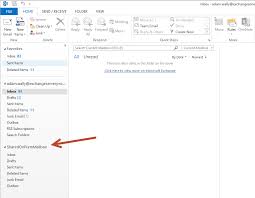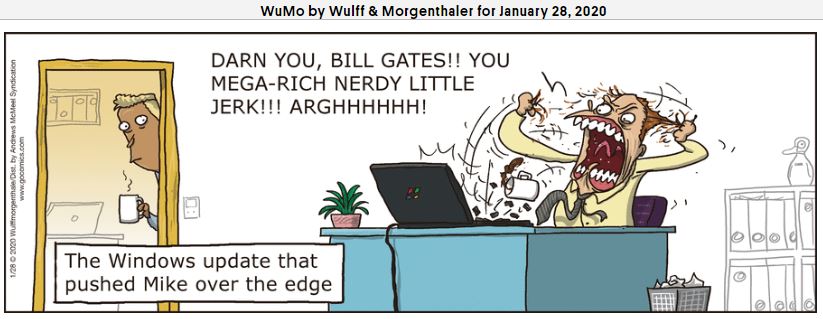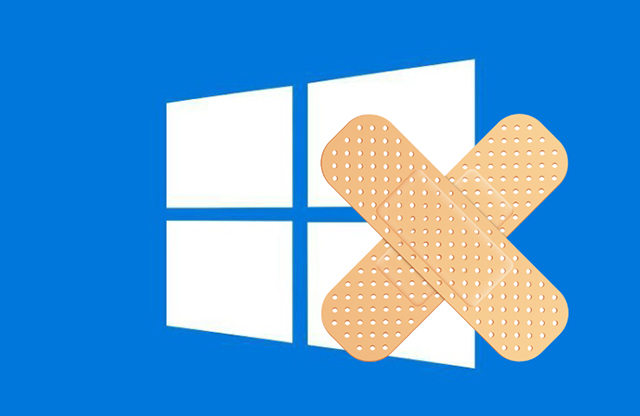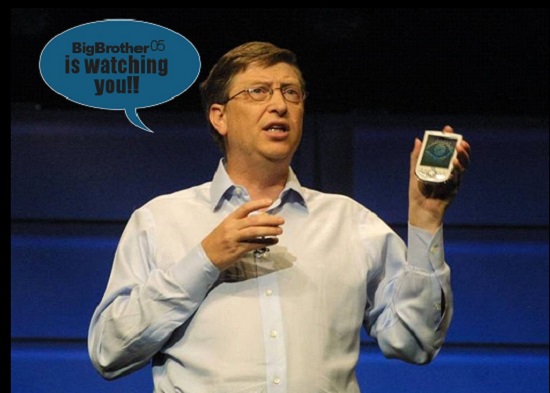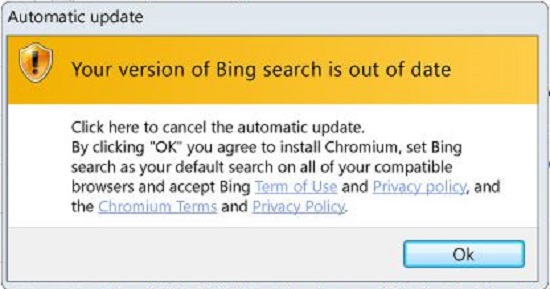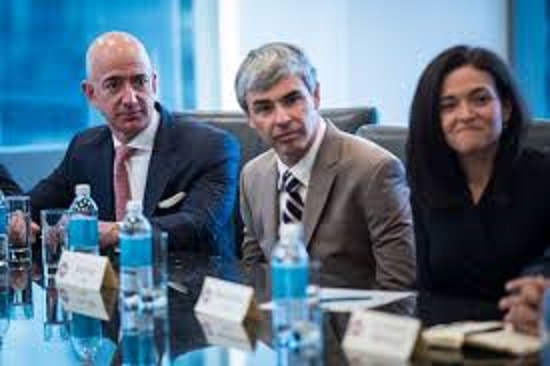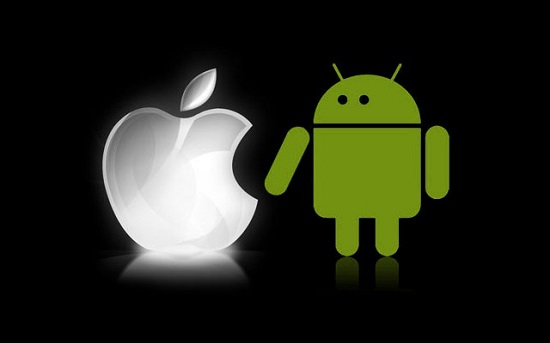
Will Apple topple from its perch as the world’s most valuable company? The stock market didn’t reflect Apple’s declining smartphone sales far enough ahead, which led to a drop in share price when year-over-year Q1 iPhone sales declined nearly 15%. And while the overall market grew about 4%, leader Samsung stayed flat, and a handful of Chinese companies rose ominously. Apple’s reliance on the iPhone for growth has become a weakness.
But there is another important consequence. If you look at total market capitalization (total shares times share price), Apple is declining rapidly and Amazon is rising rapidly. For the last 3 calendar quarters, the top 5 companies in the world have included only Apple, Alphabet, Microsoft, Amazon, Berkshire Hathaway, and Exxon Mobil, and the top 3 were only Apple, Alphabet, and Microsoft. But Apple’s market cap(italization) in 1Q2015 was more than double ANY other company, while in 1Q2016 there were 7 other companies with market caps over half of Apple’s. But In 1Q2015 Amazon was not in the top 10. It was #10 in 3Q2015, and #4 in 1Q2016 (getting profitable helped a lot). And Amazon is not dependent on one product line.
